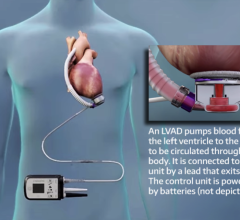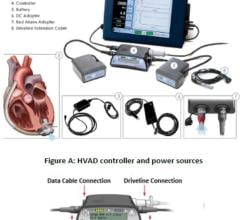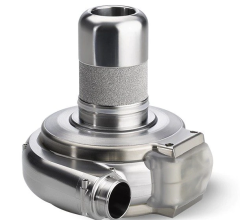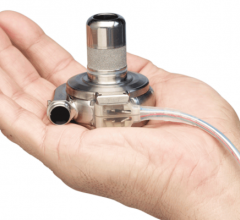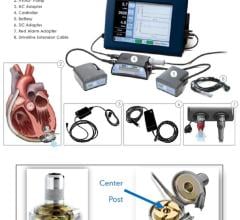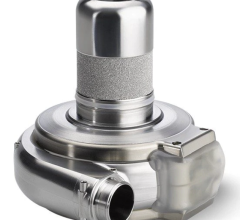
February 27, 2012 – Jarvik Heart Inc. announced conditional U.S. Food and Drug Administration (FDA) approval of its pivotal trial for evaluation of the Jarvik 2000 heart for destination therapy (DT). Use of the device for DT means that it will provide long-term, permanent support to end-stage congestive heart failure patients who are not candidates for heart transplant.
The approval permits 50 medical centers to participate in the study. Each medical center may begin enrolling patients immediately upon approval by their institutional review board.
The trial will randomize up to 350 study subjects to either the treatment group, in which patients receive the Jarvik 2000 intraventricular heart assist device, or the control group, in which patients receive the HeartMate II left ventricular assist device (LVAD), the most widely used FDA-approved LVAD for DT. Patients will be followed for two years to assess primary endpoint success, generally defined as survival free of disabling complications. If the data analysis at two years, or at a prior interim analysis, establishes non-inferiority of the Jarvik 2000 compared to the control, the trial will be judged successful.
Patients will be followed for another year and the rates of serious infection related to the power cable and pump pocket will be analyzed for the three years since implant. The analysis will determine if the Jarvik 2000, which uses a behind-the-ear power cable and has no pump pocket, is superior to the HeartMate II, which uses an abdominal cable and has an abdominal pump pocket.
The Jarvik 2000 has been used to treat late-stage heart failure in more than 500 patients in the United States, Europe and Asia. The Jarvik 2000 model with the behind-the-ear connector has supported more than 200 patients in Europe for DT, including the longest survival of any heart assist device patient in the world, for seven and a half years.
The bridge-to-transplant model of the Jarvik 2000 has a power cable that exits the abdominal wall — the same position used with the HeartMate II and HeartWare VADs. The behind-the-ear cable, which will be used in this study, may have significant quality-of-life advantages over abdominal cables. It requires practically no care of the cable exit site and, unlike abdominal cables, does not require frequent redressing with sterile bandages that may require expensive home nursing. Jarvik 2000 patients with the behind-the-ear connector may shower and bathe normally and can even go swimming. In Europe, these patients have had low rates of infection, and there have been no failures of the internal cables and no mechanical failures of the Jarvik 2000 blood pump or its bearings. Long-term bench durability tests project high reliability of the device for 10 years or more.
Prior to full FDA approval of the trial, the company must submit additional information concerning statistical analysis and conduct of the study, as well as some additional engineering data.
Jarvik Heart has also completed enrollment of the primary cohort of 150 patients in the U.S. Bridge-to-Transplant Pivotal Study and is nearing completion of the follow-up period. Only two patients have yet to reach outcome. The results in the study patients who received the most recent Jarvik 2000 model, using patented cone bearings, are expected to show a substantial improvement in the primary endpoint compared to the pin bearing design used earlier in the BTT study. Only cone bearings will be used in the DT trial.
Jarvik Heart is continuing research on new developments including child size and tiny infant size pumps with the support of the National Institutes of Health under the PumpKIN program (Pumps for Kids, Infants and Neonates).
For more information: www.jarvikheart.com

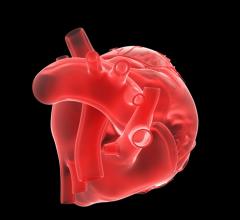
 October 31, 2023
October 31, 2023 


